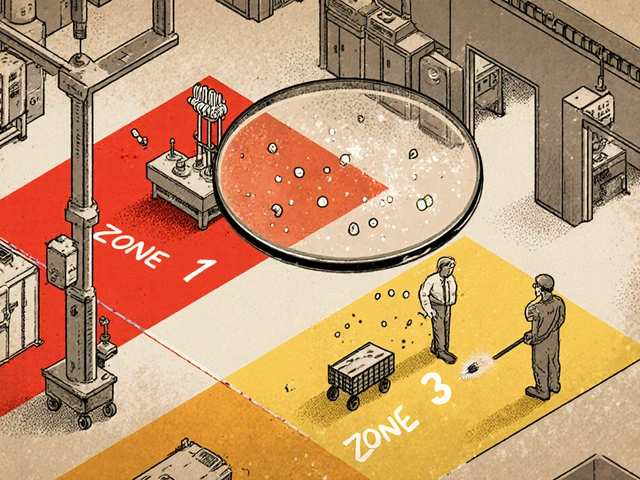Secure peptide shopping: How to buy peptides safely online
More than a few people have bought peptides that arrived degraded, fake, or mislabeled. If you plan to buy peptides online, a little homework up front protects your money and your health. Below are clear, practical steps to spot trustworthy vendors and handle peptides without breaking the chain of quality.
Check lab testing and vendor credentials
Always ask for a Certificate of Analysis (CoA) and third‑party test results. A real CoA shows batch numbers, HPLC purity, and the lab that ran the tests. If a seller refuses or gives vague PDFs, walk away. Look for vendors that list manufacturing site details, GMP or ISO claims, and contact information you can verify.
Read recent customer reviews and forum reports, but don’t rely only on star ratings. Send a message to support with specific questions — response quality tells you a lot. Cross‑check the vendor’s business name and domain age; sketchy shops often use new domains and anonymous hosting.
Shipping, storage, and payment safety
Peptides are sensitive to heat and moisture. Good vendors offer cold‑chain shipping (ice packs or dry ice) and fast delivery. If a product ships warm or shows damaged packaging, refuse it and document everything with photos.
Payment methods matter. Use credit cards or reputable escrow services when possible; they offer fraud protection. Avoid sellers who insist on untraceable payments like wire transfers or crypto without a credible reason.
Watch the price. If a peptide costs a fraction of typical market price, that’s a red flag. High purity synthetic peptides require skilled production — extremely low prices usually mean shortcuts.
Know the legal side. Regulations differ by country and intended use. Many vendors sell peptides for 'research only' and will not advise on medical use. If you plan to use peptides for health reasons, consult a licensed clinician before buying.
Handling and storage at home: lyophilized (dry) peptides are generally more stable. Store unopened vials in the fridge (2–8°C) short term and freezer (-20°C) for long term when recommended by the manufacturer. After reconstitution, follow the supplier’s instructions — some are stable in the fridge for days, others degrade quickly.
Check expiry and batch numbers before accepting any shipment. Keep records: vendor name, batch number, CoA, purchase date, and photos of the package. That helps if you need a refund or have safety concerns.
Final quick checklist: request a CoA, confirm cold shipping, verify vendor contact info, avoid too‑cheap offers, use secure payment, and keep storage conditions cold. If anything feels off, don’t proceed. A secure purchase starts with small steps that prevent big problems later.
If you want, I can scan a vendor’s website or a seller’s CoA and point out suspicious signs. Send the link or the file and I’ll help you evaluate it.

Buy Peptides Online: A Guide to Safe Online Pharmacies Like geopeptides.com
Explore how geopeptides.com offers a secure and reliable way to buy peptides online, learn insider tips on safety, legality, and best practices for online peptide purchases.
Read More



